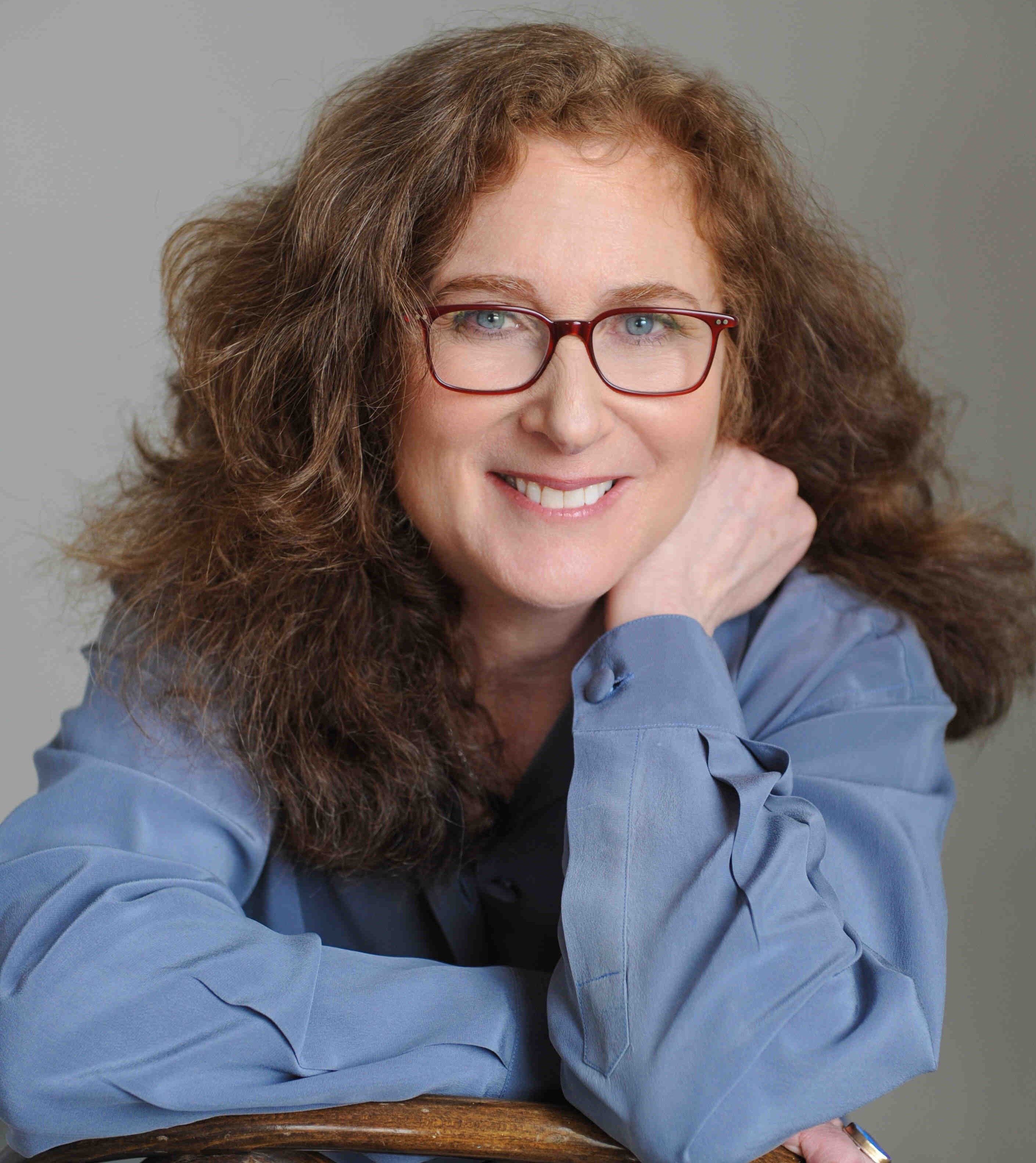
The parashah for this week is M’tzora (Leviticus 14:1-15:33). These passages provide instruction for purification rituals for people and homes afflicted with tzaraat (a skin condition, often identified as Leprosy). The parashah also describes male impurities resulting from a penile discharge or seminal emission and female impurities caused by a discharge of blood. Thus, this section describes one type of purification ritual as well as informs us of the ritual impurity (the lost chance to create life) men and women experience due the discharging of bodily fluids.
When there is ritual impurity, full immersion into the Mikvah serves as a vehicle for returning, as close as possible to, a state of holiness. As a friend explained “this act of stepping into the waters of rebirth allows for the letting go of what was just lost out on and offers the potential for the creation of new life.”
My first experience of going to the Mikvah was prior to marriage. I used the opportunity to separate my pre-marital life from my soon-to-be married one. As a Reform Jewish woman, I was ill-prepared for the experience of meeting with a stranger to tell me about how to prepare my body for the immersion. I wasn’t comfortable with my mother talking about menstruation, and I now had a stranger telling me I had to do what? I was filled with fear (what was a reform woman doing in an orthodox Mikvah), embarrassment/shame (a stranger is going to inspect my naked body), and many questions (I had non-marital sexual activity with other people beside my soon to be husband, was this ok? I was on birth control, does this make it wrong?) Despite all these questions, I knew in my heart I wanted to create a separation between what had been and what could be. I immersed myself, making sure not to touch the side of the Mikvah and saying prayers I had not recited before, written in transliteration. I had not contemplated their meaning yet recited them as this was the instruction. Despite the lack of connection to the words recited, the act of participating in this ancient ritual indeed impacted me in a positive way. I emerged feeling cleansed and ready to embark on a new phase of my life.
Five years later, my then partner/husband told me he wanted a divorce. After healing my emotional self, I needed to heal my spiritual self. I returned to the Mikvah. This time I knew what to expect. This time I brought my own prayers. This time, I brought my friend (a former partner prior to marriage) with me. In making this ritual immersion my own, it was a much deeper experience. Yet, the purpose remained the same: I had lost the chance to have the life I had wanted and it offered me the potential that something new could be created.
The mikvah ritual serves as the holiest of rituals. This parashah reminds us that as Women of Reform Judaism our progressive values allows us to create meaningful rituals within the framework of something ancient. Is there something personal in your life which calls you to want to perform an act of ritual purity? As an organization, do we need to let go of what has been lost to create something new? Is it possible to create new beginnings, within the framework of our past?
Lisa B. Schwartz, Ph.D. is an independent member of WRJ and current board member. She sought consultation on the meaning of Mikvah from her friend and colleague, Peggy Kleinplatz, Ph.D. Dr. Kleinplatz is a professor at the University of Ottawa.
Related Posts

Parashat Yom Rishon shel Rosh HaShanah

Cultivating a Culture of Accountability and Belonging


